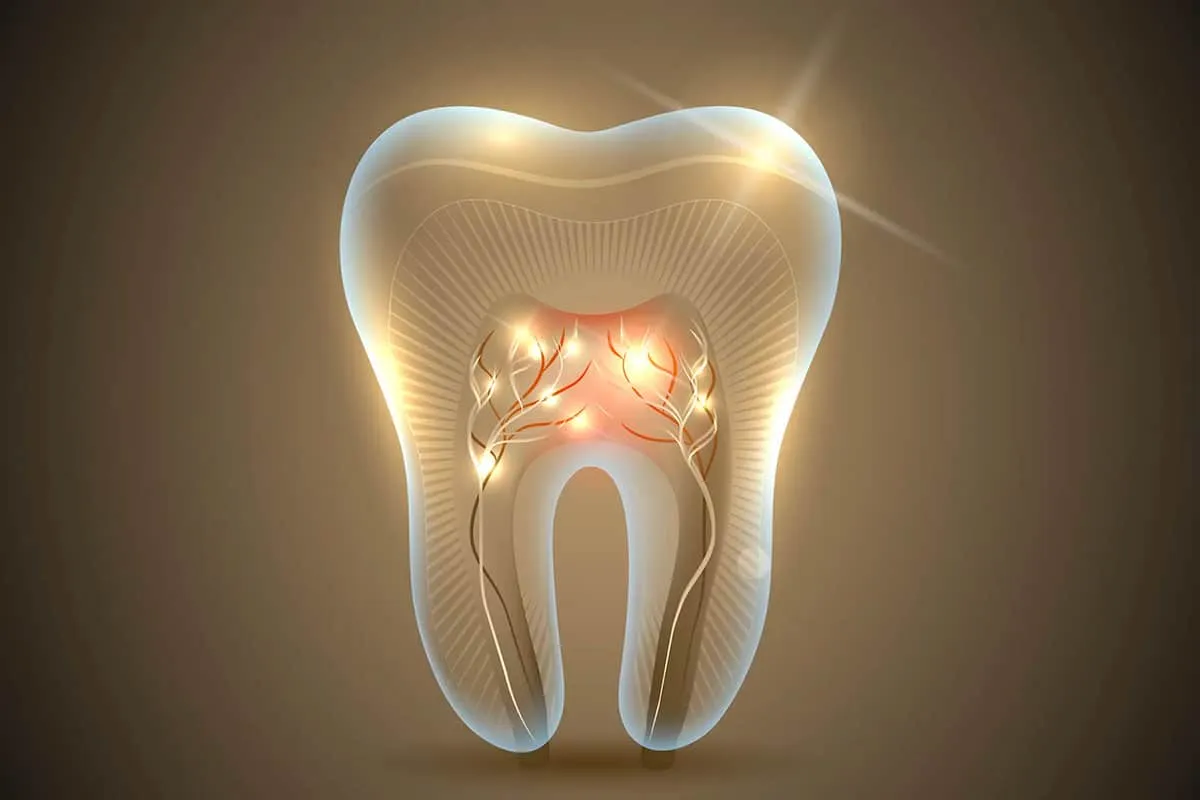Parkinson’s disease is a progressive neurodegenerative disorder that affects movement and other neurological functions. While pharmacological treatments are the norm, interest in dietary supplements as complementary therapy has intensified. This article explores six potentially effective dietary supplements for Parkinson’s disease: Nicotinamide Mononucleotide (NMN), Creatine, Probiotics, Coenzyme Q10, Alpha-Lipoic Acid, Glutathione, and Mucuna Pruriens.
Nicotinamide Mononucleotide (NMN)
Function and Benefits
NMN is a precursor to NAD+ (nicotinamide adenine dinucleotide), a molecule essential for cellular energy production. Research suggests that increasing NAD+ levels can improve mitochondrial function and reduce neurodegenerative symptoms.
Scientific Evidence
- Mouse Study: A study published in Cell Metabolism showed that NMN administration improves cognitive function and motor coordination in aged mice. The mice treated with NMN showed significant improvement in maze and balance tests source.
- Aging Research: Another study found that NMN can mitigate age-related physiological declines in mice by increasing NAD+ levels and improving mitochondrial function source.
Creatine
Function and Benefits
Creatine is a molecule involved in energy production in cells, primarily in muscles and the brain. It can improve muscle strength and motor function.
Scientific Evidence
- Clinical Trial: A randomized controlled trial revealed that creatine could slow the progression of motor symptoms in some patients with Parkinson’s disease. Patients taking creatine showed improved muscle strength and daily function compared to those taking a placebo source.
- Biomarker Study: Another study showed that creatine might improve levels of certain neuroprotective biomarkers in patients with Parkinson’s, suggesting potential enhancement of neuronal health.
Probiotics
Function and Benefits
Probiotics are live microorganisms that improve gut health. The gut-brain axis suggests a link between gut health and brain function.
Scientific Evidence
- Clinical Study: A clinical trial demonstrated that patients taking probiotics had significant improvements in bowel regularity and a reduction in gastrointestinal symptoms. The results also suggested that probiotics might modulate systemic inflammation, which could have beneficial effects on neurological symptoms source.
- Gut-Brain Axis Research: Studies have shown that probiotics can positively influence communication between the gut and the brain, potentially reducing neurodegenerative symptoms and improving mood and cognitive functions.
Coenzyme Q10 (CoQ10)
Function and Benefits
CoQ10 is an antioxidant found in all body cells, playing a crucial role in mitochondrial energy production.
Scientific Evidence
- Parkinson’s Disease Clinical Trial: A study showed that CoQ10 supplementation slowed the progression of motor symptoms in patients with Parkinson’s disease. Patients taking CoQ10 showed improved motor function and reduced signs of oxidative stress source.
- Mechanism of Action Research: Research has demonstrated that CoQ10 can improve mitochondrial function and protect neurons from oxidative damage, which is crucial in managing Parkinson’s disease.
Alpha-Lipoic Acid (ALA)
Function and Benefits
ALA is an antioxidant that aids in energy production and reduces oxidative stress. It can improve mitochondrial function and protect nerve cells.
Scientific Evidence
- Animal Model Study: A study showed that ALA improves motor function and reduces neuronal damage in a rat model of Parkinson’s disease. Rats treated with ALA showed significant reductions in oxidative damage and improvements in motor performance source.
- Antioxidant Effects Research: Studies have also shown that ALA can regenerate other antioxidants in the body, increasing overall defense capacity against oxidative stress.
Glutathione
Function and Benefits
Glutathione is a powerful antioxidant that protects cells against oxidative damage. Glutathione levels are often reduced in patients with Parkinson’s disease.
Scientific Evidence
- Clinical Trial: A study showed that intravenous glutathione administration improved motor symptoms in patients with Parkinson’s disease. Patients treated with glutathione showed significant improvements in rigidity and bradykinesia compared to the placebo group source.
- Mechanism of Action Research: Studies have demonstrated that glutathione can protect neurons by neutralizing free radicals and reducing oxidative stress levels in the brain.
Mucuna Pruriens
Function and Benefits
Mucuna Pruriens, also known as velvet bean, contains natural levodopa, a precursor to dopamine, making it a natural alternative to synthetic dopaminergic drugs used in treating Parkinson’s disease.
Scientific Evidence
- Clinical Trial: A clinical study showed that patients taking Mucuna Pruriens had significant improvements in motor symptoms without the common side effects of synthetic levodopa. The results indicated improvements comparable to those achieved with synthetic medications but with better tolerance source.
- Neuroprotective Effects Research: Preclinical studies have suggested that Mucuna Pruriens might also offer neuroprotective effects by reducing inflammation and oxidative stress in the brain.
Conclusion
Dietary supplements offer promising avenues for managing Parkinson’s disease symptoms and potentially slowing disease progression. However, their use must be supervised by healthcare professionals, and further research is needed to establish solid evidence of their efficacy and safety.
References
- Yaku, K., et al. (2018). Nicotinamide mononucleotide, a key NAD(+) intermediate, treats the pathophysiology of diet- and age-induced diabetes in mice. Cell Metabolism.
- Mills, K. F., et al. (2016). Long-term administration of nicotinamide mononucleotide mitigates age-associated physiological decline in mice. Cell Metabolism.
- Bender, A., et al. (2006). Creatine supplementation in Parkinson disease: a placebo-controlled randomized pilot trial. Neurology.
- Pérez-Pardo, P., et al. (2017). The gut-brain axis in Parkinson’s disease: Possibilities for food-based therapies. European Journal of Pharmacology.
- Shults, C. W., et al. (2002). Effects of coenzyme Q10 in early Parkinson disease: evidence of slowing of the functional decline. Archives of Neurology.
- Zhang, W., et al. (2018). Neuroprotective effects of alpha-lipoic acid on oxidative stress in the rotenone model of Parkinson’s disease. Neuroscience Letters.
- Hauser, R. A., et al. (2009). Randomized, double-blind, pilot evaluation of intravenous glutathione in Parkinson’s disease. Movement Disorders.
- Katzenschlager, R., et al. (2004). Mucuna pruriens in Parkinson’s disease: a double-blind clinical and pharmacological study. Journal of Neurology, Neurosurgery & Psychiatry.




Comments are closed.